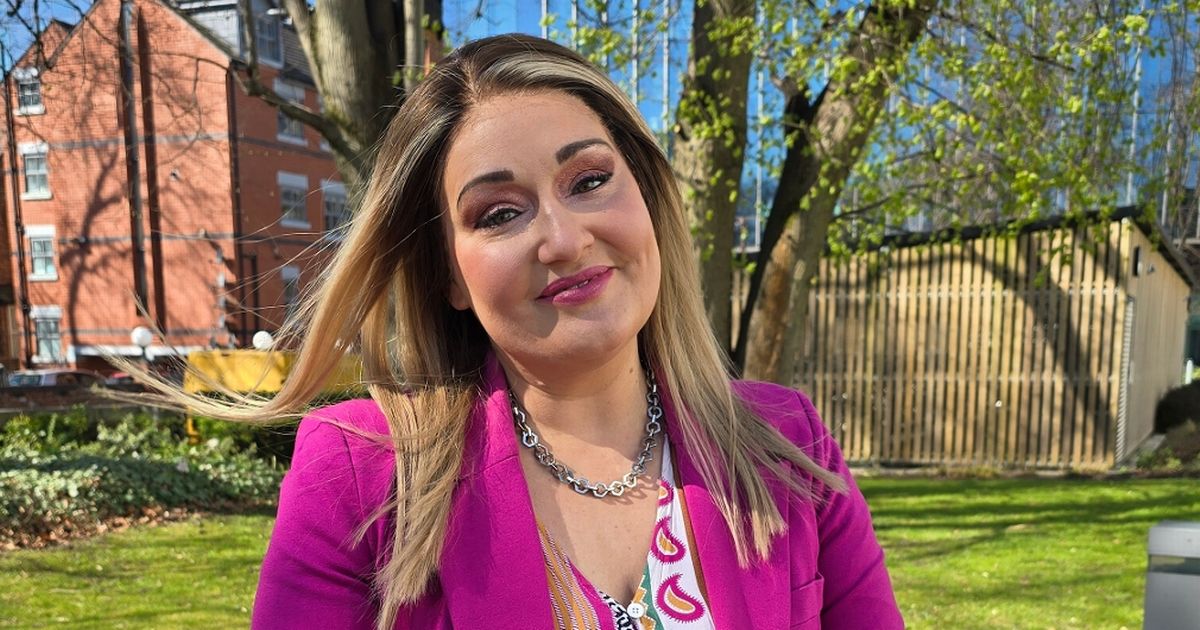The then-31-year-old was rushed to A&E at the hospital where she was working as a fertility doctor
16:57, 11 Apr 2025Updated 13:03, 12 Apr 2025
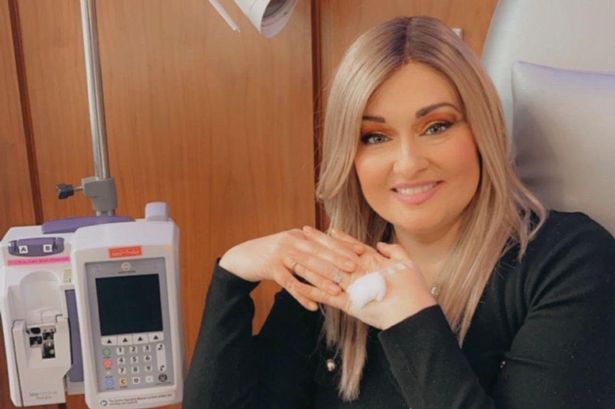 Mari has had to endure gruelling treatment(Image: Mari Isdale)
Mari has had to endure gruelling treatment(Image: Mari Isdale)
A doctor who was given just 18 months to live is now celebrating a decade since her devastating cancer diagnosis.
Mari Isdale was just 31-years-old when, during her shift at Tameside Hospital, she was rushed to the hospital’s A&E department after suddenly experiencing crippling stomach pains.
A scan found a tumour ‘the size of a watermelon’ in her abdomen and the fit and healthy physician was told she had stage four bowel cancer which had spread to her ovaries.
“Back in 2015, I was a really fit healthy – as I thought – doctor working away. [It was the] pinnacle of my career, [I was] living a really full, busy, happy life and had all the dreams, hopes and aspirations of what you’d expect a 31-year-old to to have,” said Mari.
“One day, completely out of the blue while I was at work, I developed a really, really horrific stomach pain abdominal pain and had to be whisked off to the accident and emergency department in Tameside Hospital where I was working that day.
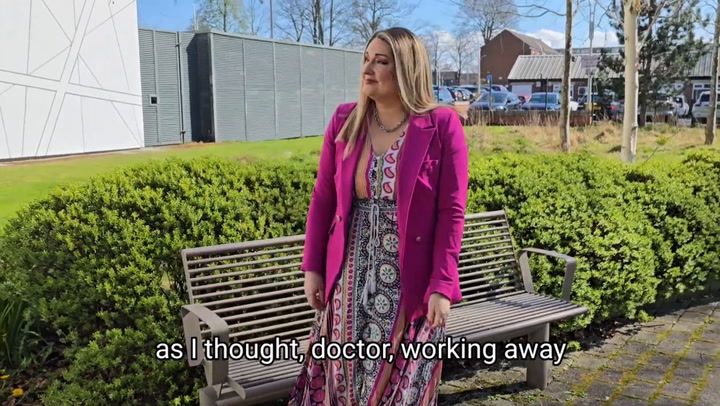 Eccles woman given 18 months to live celebrates a decade of life
Eccles woman given 18 months to live celebrates a decade of life
“From that point I had lots of tests, lots of CT scans and blood tests and all the things that you’d expect and got a diagnosis really quickly.
“I had a colonoscopy as well and I was awake and could see it on the screen and before anyone needed to say anything to me, I knew at that point that it was a bowel tumour I was seeing on the screen.
“I knew it had obviously metastasised already and spread already to the ovary, and that was what had actually caused the pain and the problem.”
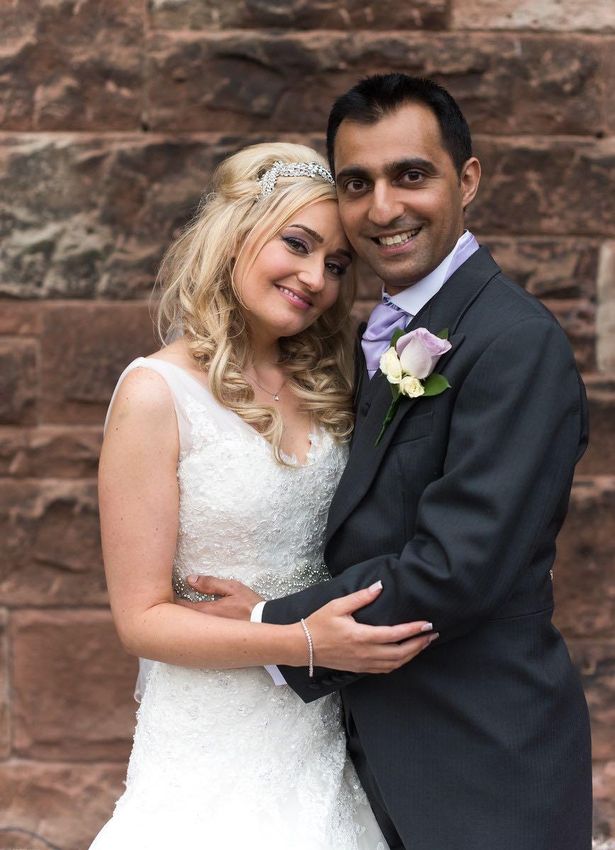 Mari lives with husband Babur Ahmed and their sausage dog, Angus(Image: Mari Isdale)
Mari lives with husband Babur Ahmed and their sausage dog, Angus(Image: Mari Isdale)
As part of her treatment Mari, a fertility doctor, had to have part of her bowel as well as both of her ovaries removed. The gruelling treatment destroyed her dreams of having children of her own.
Mari added: “I saw this huge mass the size of a watermelon, I’ve no idea how it was hiding in there, but I knew straight away that it was bad.
“It was very unexpected as I was healthy and I had no family history of cancer. Despite all this, I still found myself with advanced bowel cancer.”
The now 42-year-old faced four major operations to remove multiple tumours from various locations in her abdomen followed by chemotherapy and targeted therapy drug cetuximab, which Cancer Research UK helped develop.
After a brief period of remission in 2018, the disease tragically spread to her lymph nodes and Mari has been back on treatment since Christmas 2020.
However, a decade since her initial diagnosis and nearly 200 rounds of chemotherapy later, she is still living life to the full as much as she can.
Mari, who lives with husband Babur Ahmed and their sausage dog Angus, wants to help save more lives from bowel cancer – the UK’s second most common cause of cancer death.
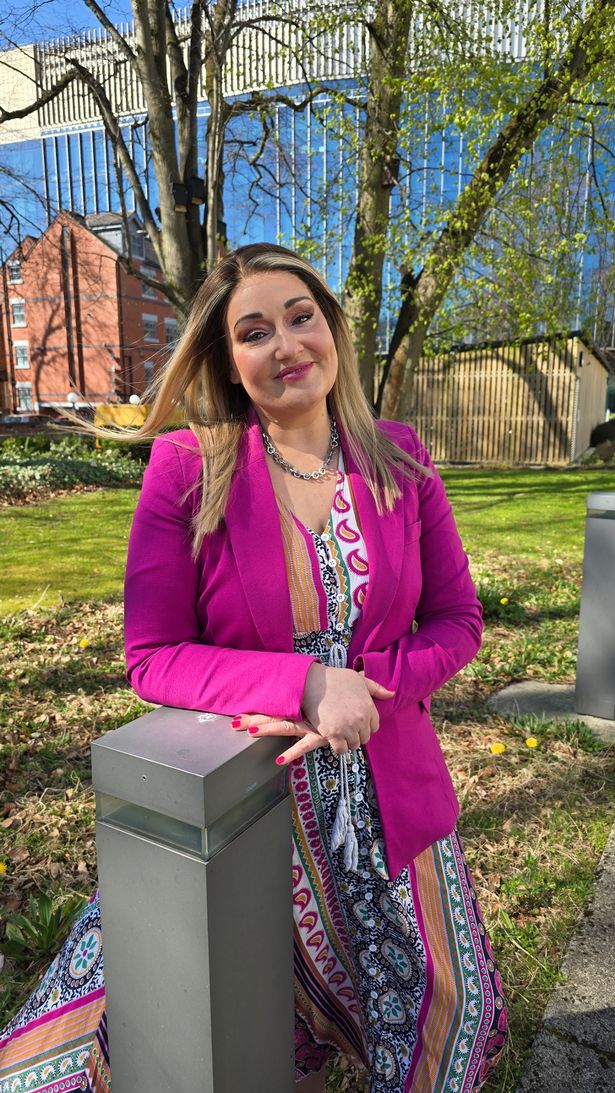 A decade since her initial diagnosis and nearly 200 rounds of chemotherapy later, she is still living life to the full as much as she can(Image: Mari Isdale)
A decade since her initial diagnosis and nearly 200 rounds of chemotherapy later, she is still living life to the full as much as she can(Image: Mari Isdale)
“Every precious beautiful day of the next 10 years of life I’ve had since then is thanks to Cancer Research UK as they funded research studies into the targeted therapy drug I was given during its early phases and development,” said Mari. “I was able to go on to live an amazing, fulfilling, active and happy life despite cancer.
“Thanks to research I have been able to spend lots of special time with my family and loved ones making special memories.
“I have been able to travel and have adventures whilst ticking items off my YOLO (You Only Live Once) list having wonderful experiences all over the world such as flying in a helicopter with my mum and sister over New York, a family trip to see the pyramids of Egypt and hot air ballooning with my husband over the fairy chimneys in Turkey. I now don’t wait for plans; on my good days I really live life.
“I was until recently able to work again and thereby help my patients on their fertility journeys. I can empathise so much more with that they are going through now I fully understand how they feel.
“And it gives me so much joy to able to help people with becoming parents, even more so now that I can’t have children myself.”
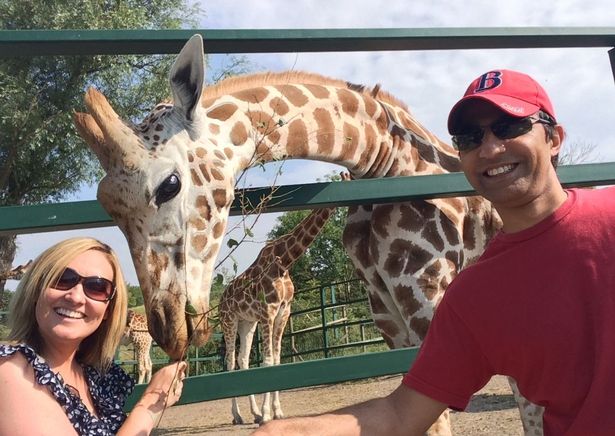 Mari is hoping for a cure in the future(Image: Mari Isdale)
Mari is hoping for a cure in the future(Image: Mari Isdale)
Now, Mari is pledging her support to a new £5.5m initiative, part funded by Cancer Research UK, which is made up of a newly formed world leading research team that aims to transform bowel cancer care for people like her.
The CRC-STARS initiative will bring together over 40 research experts from across the world to find kinder, better treatments for the disease, which kills 16,800 people in the UK every year including around 2,000 in the north west alone.
The Cancer Research UK National Biomarker Centre in Manchester is set to receive more than £550,000 as part of the initiative.
Dr Florent Mouliere, leading the research team there, said: “We are very excited to be involved in this quite unique programme in Europe due to the size and network of researchers.
“Over the next five years our dedicated team will analyse blood and plasma samples from colorectal cancer patients collected at different time points of treatment then look at DNA in order to identity specific patterns to discover how they resist or respond to treatment.
“The advantage of liquid biopsy, which is less invasive than a tissue biopsy, is the capacity to be able to take multiple samples from the same patient, so that we can start to understand the evolution of cancer and create the next generation of more personalised treatment.”
For Mari, progress like this can’t come soon enough. She added: ”This project is very special as it gives a lot of hope for the future of cancer treatments. I think it really will make a difference to patients like me because at the moment we are offered a range of treatment, and we hope for the best, but we don’t know if they will work.
“But if we can understand how individuals and their cancer biology behaves, we can target their specific type of cancer much better and hopefully that means treatment would be more successful, which means time with our loved ones, time to live and time to enjoy life and, who knows, maybe one day a cure.”
You can donate to the fund here.
